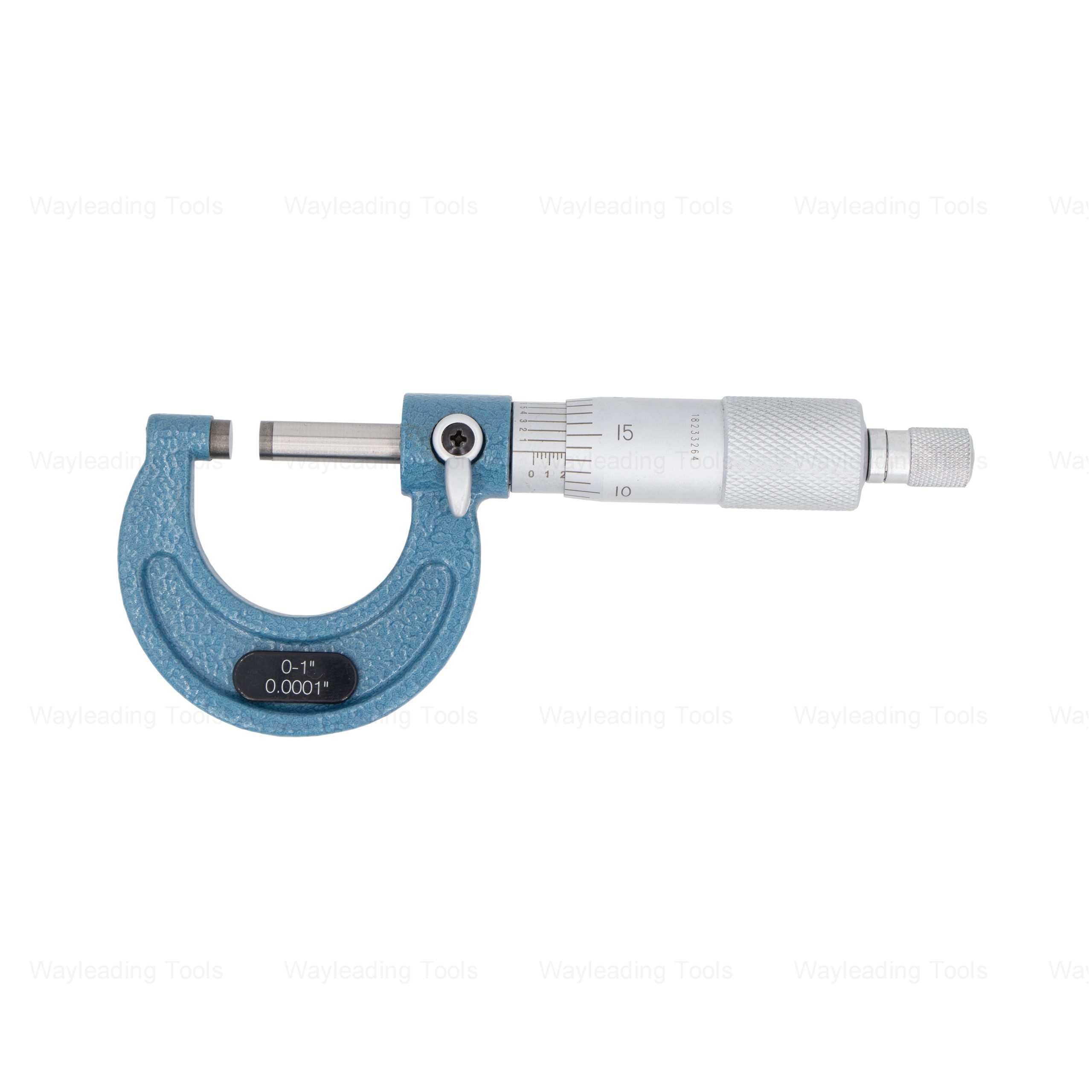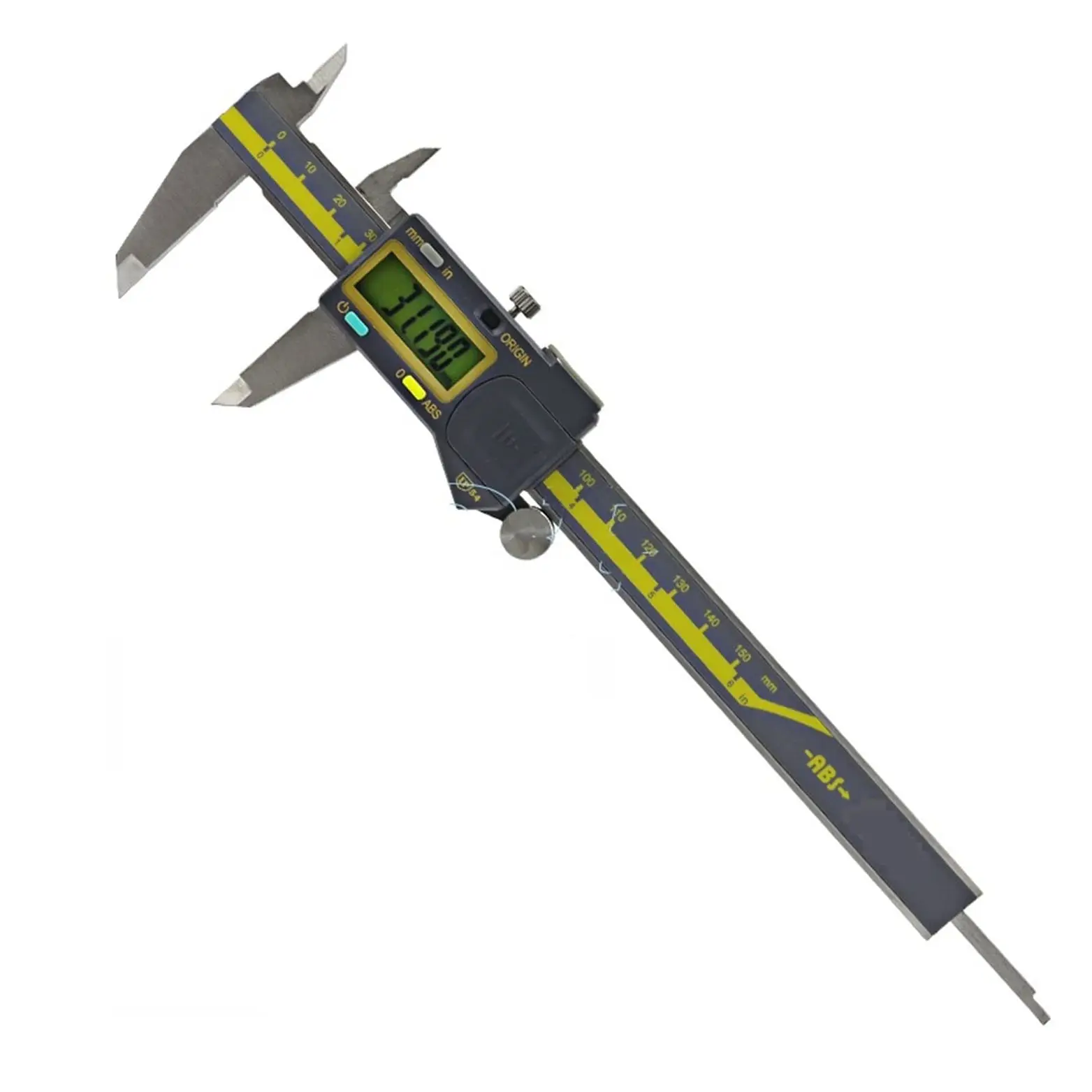Threading Taps Manufacturer
Choosing the right threading taps manufacturer is crucial for ensuring the precision and quality of your threaded parts. This guide explores the key factors to consider, including material selection, manufacturing processes, quality control, and supplier reputation, helping you make an informed decision.
Understanding Threading Taps
What are Threading Taps?
Threading taps are tools used to create internal threads in materials such as metal, plastic, and wood. They are essential for manufacturing processes that require fasteners or joining components with threaded connections. Threading taps come in various sizes, materials, and designs, each suited for specific applications and materials.
Types of Threading Taps
Several types of threading taps are available, each designed for specific threading applications. Understanding the differences between them is crucial for selecting the right tool for your needs.
- Hand Taps: Designed for manual use, typically in sets of three (taper, plug, and bottoming) to gradually cut the thread.
- Machine Taps: Used with power tools such as drills and milling machines, allowing for faster and more precise threading.
- Spiral Point Taps: Also known as 'gun taps,' these are designed to push chips ahead of the tap, making them ideal for through-hole threading.
- Spiral Flute Taps: Designed to pull chips back from the cutting area, making them suitable for blind-hole threading.
- Forming Taps (Roll Taps): These taps don't cut threads but instead form them by displacing material. They are stronger and produce no chips, ideal for ductile materials.
Key Factors to Consider When Choosing a Threading Taps Manufacturer
Material Selection
The material of the threading taps significantly impacts its performance and lifespan. Common materials include:
- High-Speed Steel (HSS): A versatile and cost-effective option for general-purpose threading.
- Cobalt High-Speed Steel (HSS-Co): Offers higher heat resistance and wear resistance than HSS, suitable for harder materials.
- Carbide: Provides exceptional hardness and wear resistance, ideal for high-volume production and abrasive materials.
Manufacturing Processes
The manufacturing processes employed by a threading taps manufacturer can impact the quality and precision of the taps. Key processes include:
- Grinding: Precise grinding ensures accurate thread profiles and cutting edges.
- Heat Treatment: Proper heat treatment enhances the hardness and durability of the taps.
- Coating: Coatings such as titanium nitride (TiN) and titanium aluminum nitride (TiAlN) reduce friction, improve wear resistance, and extend tool life.
Quality Control
Robust quality control measures are essential to ensure the consistency and reliability of threading taps. Look for manufacturers with certifications such as ISO 9001, which demonstrates a commitment to quality management.
Supplier Reputation and Experience
Choose a threading taps manufacturer with a proven track record of delivering high-quality products and excellent customer service. Consider their experience in the industry, their customer reviews, and their ability to meet your specific requirements. Wayleading Tools, with its decade of experience, is a reputable manufacturer committed to providing precision tools and exceptional customer service. Visit Wayleading Tools to explore their product range.
Evaluating Potential Threading Taps Manufacturers
Requesting Samples and Quotes
Before committing to a large order, request samples from potential manufacturers to evaluate the quality and performance of their threading taps. Obtain detailed quotes that include pricing, lead times, and shipping costs.
Assessing Technical Support and Expertise
A reliable threading taps manufacturer should offer comprehensive technical support and expertise to help you select the right tools for your application. This includes providing guidance on material selection, cutting parameters, and troubleshooting.
Checking Certifications and Compliance
Ensure that the manufacturer complies with relevant industry standards and regulations. Certifications such as ISO 9001 demonstrate a commitment to quality and environmental management.
Common Problems and Solutions in Threading Taps Manufacturing
Even with a reliable manufacturer, occasional issues may arise during threading. Here are some common problems and potential solutions:
| Problem | Possible Solution |
|---|---|
| Tap breakage | Reduce cutting speed, ensure proper lubrication, use a more robust tap design (e.g., spiral flute for blind holes). |
| Poor thread quality | Check tap sharpness, verify hole size, adjust cutting parameters (speed, feed), use a forming tap for ductile materials. |
| Chip evacuation issues | Use a spiral point tap for through holes or a spiral flute tap for blind holes, increase coolant flow, ensure proper chip breaker design. |
Conclusion
Selecting the right threading taps manufacturer requires careful consideration of material selection, manufacturing processes, quality control, and supplier reputation. By following the guidelines outlined in this article, you can make an informed decision and ensure the precision and quality of your threaded parts. Remember to prioritize manufacturers like Wayleading Tools who demonstrate a commitment to quality and customer satisfaction.
Related products
Related products
Best selling products
Best selling products-
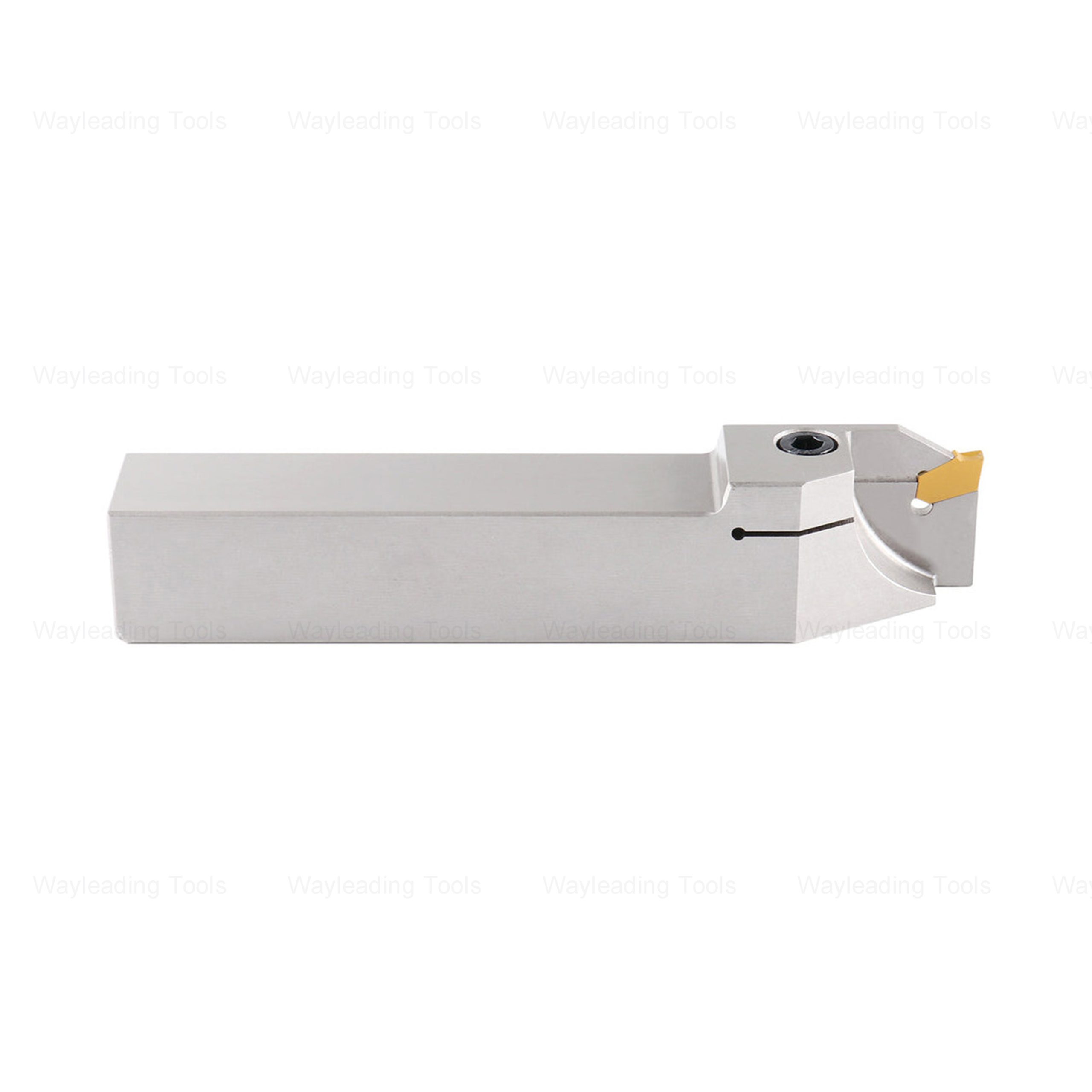 QA Grooving & Cut-Off Tool Holder – Right- and Left-Hand Types
QA Grooving & Cut-Off Tool Holder – Right- and Left-Hand Types -
 Precision Monoblock Vernier Caliper – Metric & Inch, Industrial Use
Precision Monoblock Vernier Caliper – Metric & Inch, Industrial Use -
 Precision V Block Set With High Quality Type
Precision V Block Set With High Quality Type -
 HSS Involute Spline Cutter With PA30
HSS Involute Spline Cutter With PA30 -
 Precision IP54 Digital Outside Micrometer Of Inch & Metric With Data Output
Precision IP54 Digital Outside Micrometer Of Inch & Metric With Data Output -
 HSS Inch Screw Slotting Saws For Industrial With Bright Or TiN Coated
HSS Inch Screw Slotting Saws For Industrial With Bright Or TiN Coated -
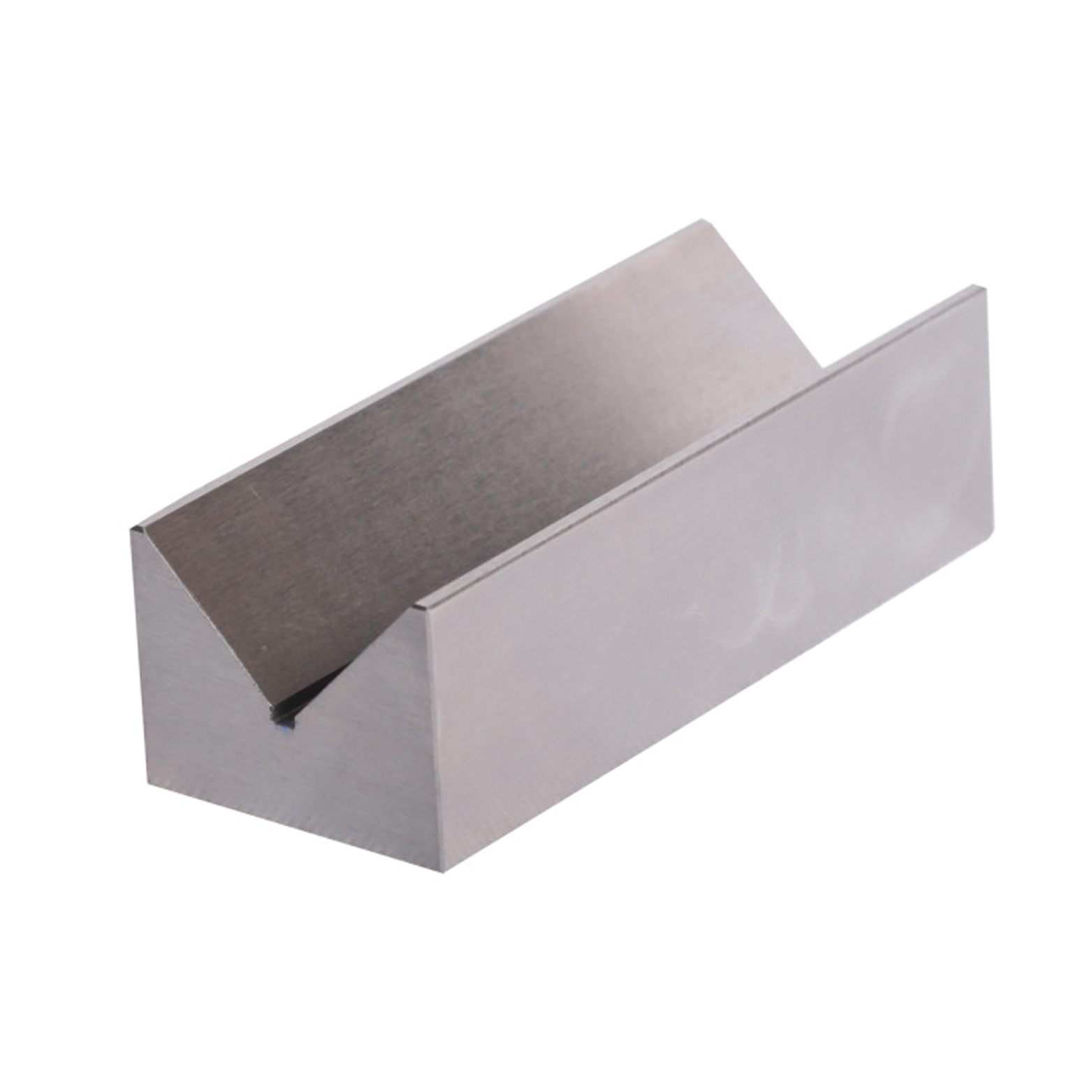 Precision V Block Set With Industrial Type
Precision V Block Set With Industrial Type -
 Parting & Grooving Tool Set With SLTB Blcok, NCIH Blades, GTN Inserts
Parting & Grooving Tool Set With SLTB Blcok, NCIH Blades, GTN Inserts -
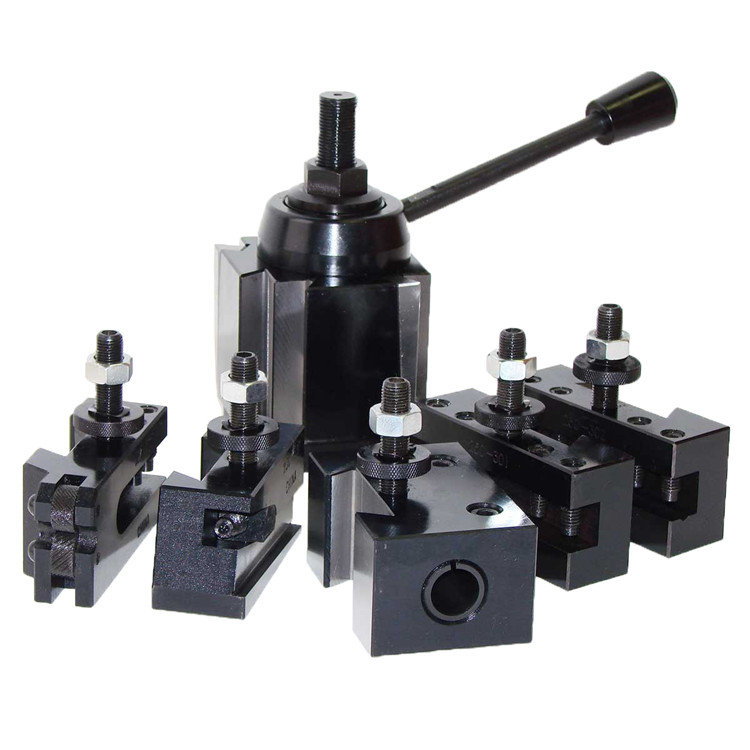 Wedge Type Quick Change Tool Post Set In lathe Machine
Wedge Type Quick Change Tool Post Set In lathe Machine -
 Precision V Block Set With High Quality Type
Precision V Block Set With High Quality Type -
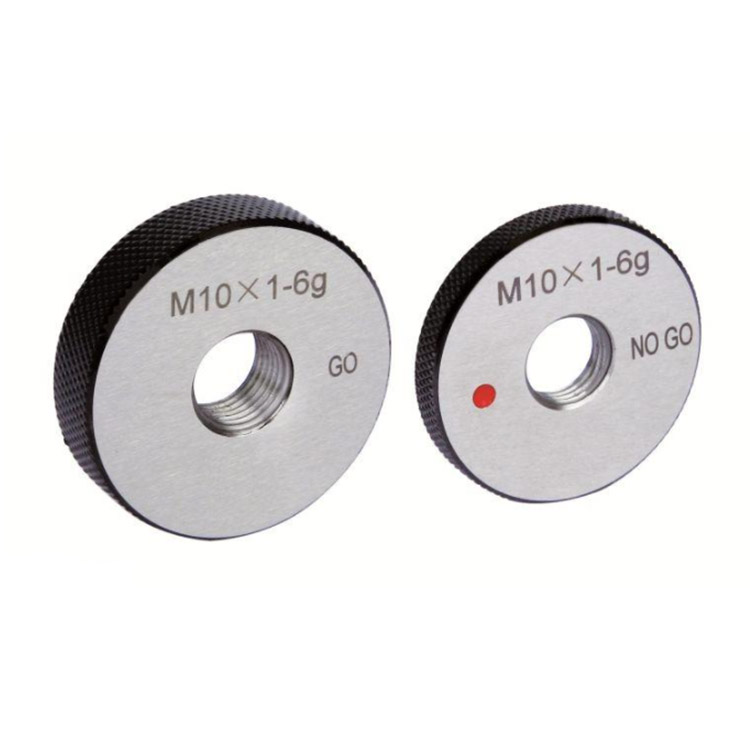 Metric Thread Ring Gauge 6g Accuracy With Go & NO Go
Metric Thread Ring Gauge 6g Accuracy With Go & NO Go -
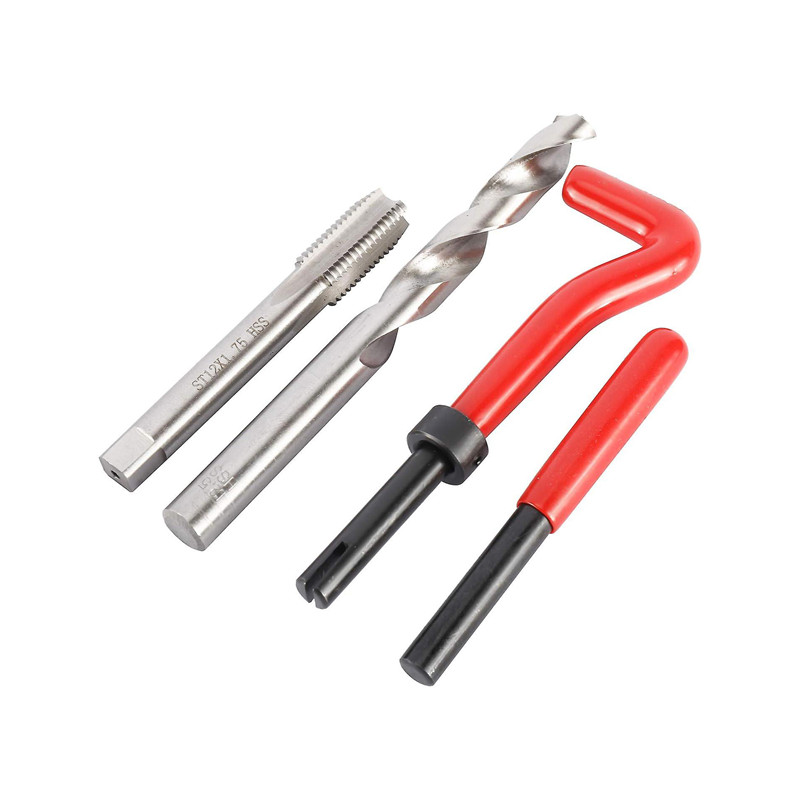 131PCS Thread Repair Set And Helicoil Type Thread Repair Set
131PCS Thread Repair Set And Helicoil Type Thread Repair Set
Related search
Related search- keyway broach set Factory
- High-Quality Solid Carbide Twist Drill
- Wholesale A55 threading insert
- High-Quality 9pcs toolholder set
- High-Quality reamer tools
- semt insert
- metric size trapeze TR threading insert Manufacturers
- broken tap extractor
- machinist measuring tools Manufacturers
- PCLN boring bar Manufacturer





